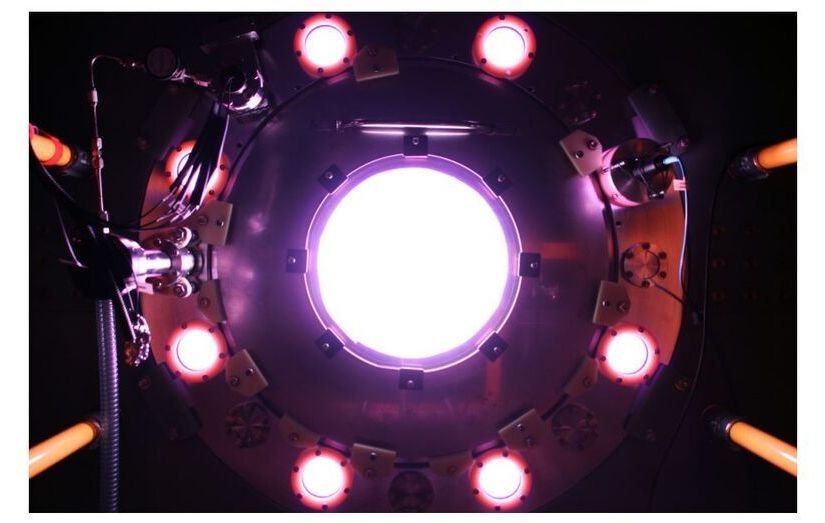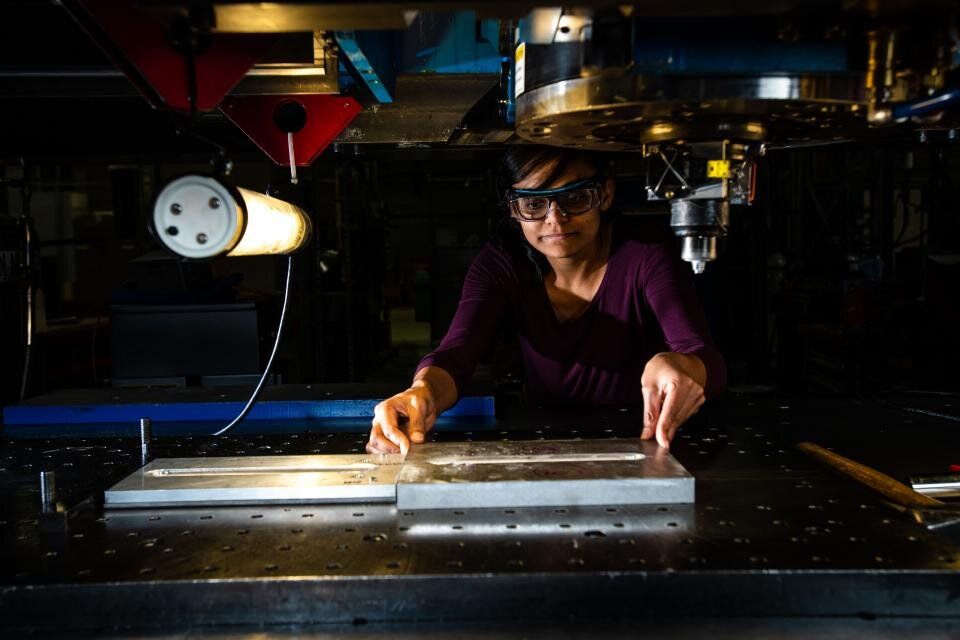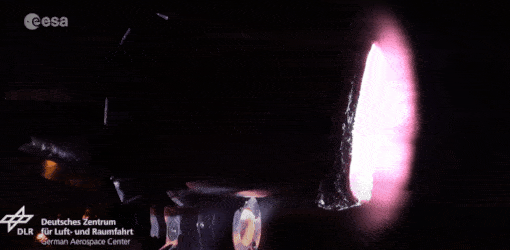It is hard for humans to wrap their heads around the fact that there are galaxies so far away that the light coming from them can be warped in a way that they actually experience a type of time delay. But that is exactly what is happening with extreme forms of gravitational lensing, such as those that give us the beautiful images of Einstein rings. In fact, the time dilation around some of these galaxies can be so extreme that the light from a single event, such as a supernova, can actually show up on Earth at dramatically different times. That is exactly what a team led by Dr. Steven Rodney at the University of South Carolina and Dr. Gabriel Brammer of the University of Copenhagen has found. Except three copies of this supernova have already appeared – and the team thinks it will show up again one more time, 20 years from now.
Finding such a supernova is important not just for its mind bending qualities – it also helps to settle an important debate in the cosmological community. The rate of expansion of the universe has outpaced the rate expected when calculated from the cosmic microwave background radiation. Most commonly, this cosmological conundrum is solved by invoking “dark energy” – a shadowy force that is supposedly responsible for increasing the acceleration rate. But scientists don’t actually know what dark energy is, and to figure it out they need a better model of the physics of the early universe.
One way to get that better model is to find an event that is actively being distorted through a gravitational lens. Importantly – the same event must show up at two separate, distinct times in order to provide input to a calculation about the ratio of the distance between the galaxy doing the lensing and the background galaxy that was the source of the event.






